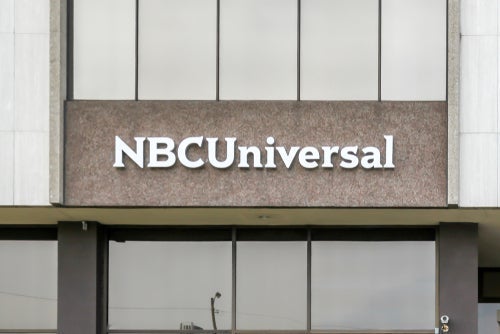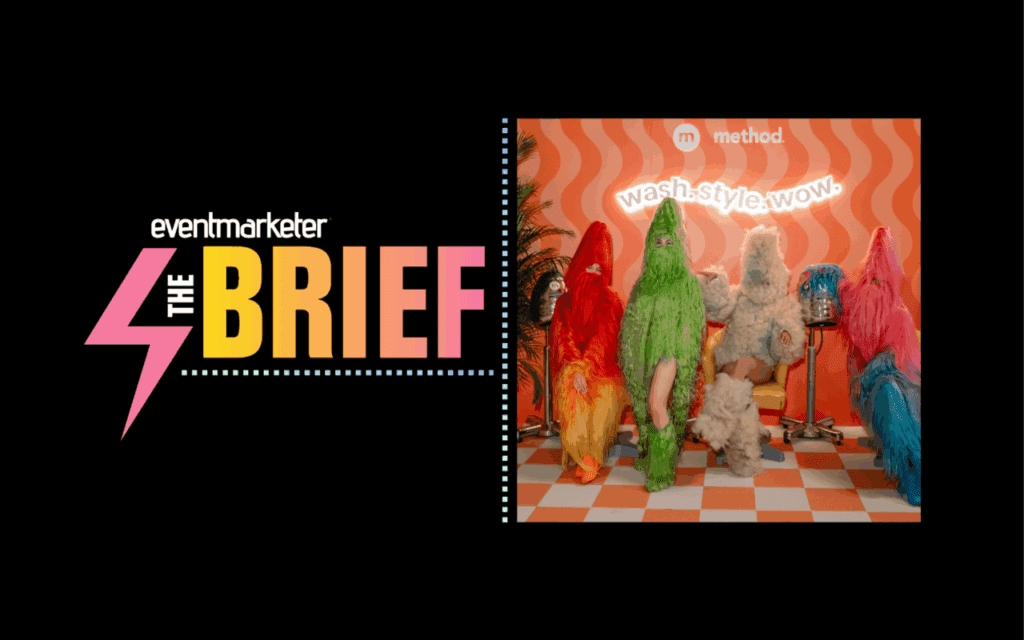When you look around your office, what personalities do you see? You may have dozens or even thousands of individuals working for your organization, each with his or her own identity. But does your company have its own distinctive personality?
Perhaps a visionary leader like Apple’s Steve Jobs or an iconoclast like Virgin’s Richard Branson shapes your company? Or do you work for an organization where the entire employee population is hidden behind the brand of its corporate personality, like Procter and Gamble or American Airlines? There are also companies whose leaders may change while the corporate brand remains the same. Caterpillar has had several CEOs since the early 1990s, but the brand’s personality—honest, down to earth (literally) and progressive—has remained constant.
Whatever your corporate brand personality, being able to describe it is an essential element in communicating what makes yours a company where people want to work. A clearly defined brand personality can guide your recruitment effort and clarify for new employees what your culture is all about.
What is a brand personality?
Branding consultants commonly characterize a company’s brand personality using humanistic words to describe the brand’s recognizable and distinctive traits. Typically, these are either adjectives, such as “bold” or “responsive,” or platitudinous nouns on the order of “integrity,” “teamwork,” or “trust.” Some branding consultants go one step further and combine the words into descriptors like “innovative partner,” “influential advocate” or “passionate enabler.”
However, all too frequently, brand strategists and creative people concede to their client’s corporate conservativism and propose words that describe a brand personality in a way not much different than the Boy Scouts’ Oath or the Girl Scout Law. Every company wants their brand personality to be seen as trustworthy, loyal, helpful, friendly, courteous, honest, caring, strong or responsible.
The goal is to find those words that uniquely capture what makes your organization different. “Innovative,” a commonly chosen brand personality trait can be replaced with a more powerful and differentiating synonym such as “inventive” or “ingenious.” An old workhorse such as “leading” can gain more power by becoming “influential.” “Positive” might be more compelling if it were “life affirming.”
Words like “plucky” rather than “determined,” “stalwart” instead of “dependable,” or “frank” in place of “honest” are far more differentiating and unique.
Personality words don’t have to be unusual, just truthful. The best personality traits are those that can be demonstrated easily and translated into actions. A company that describes its brand as responsive might require its employees to return phone calls within 10 minutes. An empathic brand targeted towards older adults could see that type on all printed documents be oversized for legibility.
One company that owned up to its genuine and gritty personality changed its style of photography for its products: instead of showing its construction equipment spit-shined within an inch of its life in a studio, the company made sure photographs showed their bulldozers covered in mud-proving their real-world durability. And a company that describes itself as insightful requires that every slide in their internal training university answer the question, “So what?” to insure that there’s an insight with every lesson.
When used correctly, a well-conceived brand personality will inform and shape the actions of employees and your organization. From communications to recruiting, even to employee performance evaluations-clearly describing your company’s personality will help you find the right personalities to work for you.
Larry Oakner is a brand director, specializing in brand culture, at New York-based branding consultancy CoreBrand.
 Network
Network

